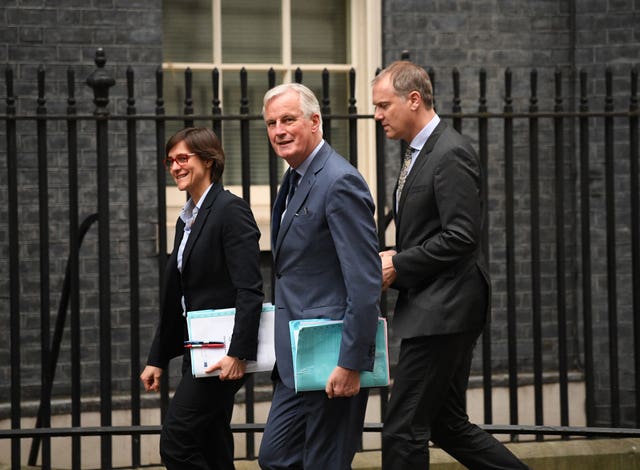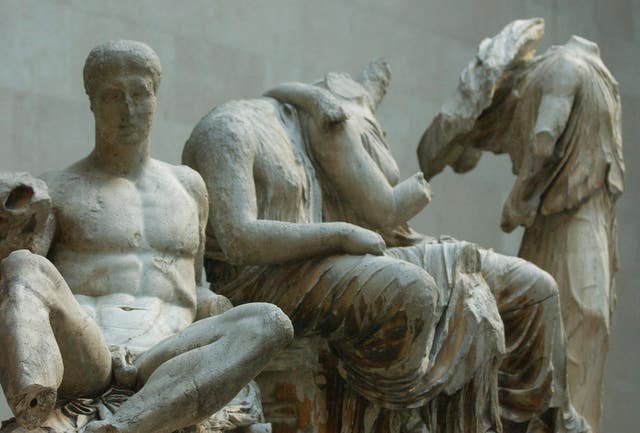UK to reveal EU negotiating demands
The mandate is scheduled for publication on Thursday.

The UK is preparing to detail its demands for a post-Brexit trade deal with the EU.
Ministers are expected to recommit to seeking to obtain a Canada-style agreement in the negotiating mandate scheduled for publication on Thursday.
But this could set up a clash with the EU after its chief negotiator Michel Barnier ruled out the possibility the UK can have the same deal as the North American nation.

No surprises were being billed for the UK’s demands from Brussels, with Boris Johnson’s Europe adviser David Frost having delivered a major speech this week.
He dismissed signing up to a level playing field setting common rules and standards to prevent businesses in the UK undercutting those in the bloc, which earned a rebuke from Mr Barnier.
The EU negotiator said: “A trade agreement that includes in particular fishing and includes a level playing field, with a country that has a very particular proximity – a unique territorial and economic closeness … it can’t be compared to Canada or South Korea or Japan.”
Canada’s deal took seven years to negotiate, with import tariffs eliminated on most goods between the nation and the bloc, though some customs and VAT checks remain.
While the UK formally left the EU on January 31 it is currently in a transition period during which it follows Brussels’ rules without having a say in how they are made.
The transition is due to finish on December 31 and the Prime Minister has repeatedly vowed not to extend it.
But there have been fears this is too little time to strike the ambitious deal and the UK could plummet out of the bloc and be hit with high trade tariffs.

Mr Frost and his team will then head to Brussels for the first round of negotiations on March 2.
The EU member states are expected to adopt their negotiating position on Tuesday.
Brussels is yet to publish its negotiating mandate but a leaked draft reportedly included a stipulation the UK must “return unlawfully removed cultural objects to their countries of origin”.
The Government ruled out discussing handing the Parthenon marbles, commonly called the Elgin marbles, back to Greece.





